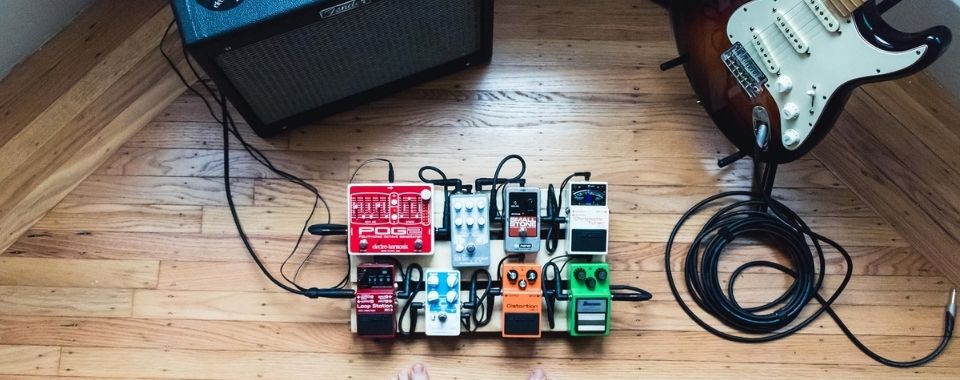One of the clearest signs that you might have a problem with alcohol comes when your drinking starts to affect your work. Showing up late or not at all, reeking like alcohol in the office, or disappearing for martini lunches can all get you reprimanded or even fired. Over the last few months, though, the nature of work has changed for most people due to COVID-19. What happens when you’re working from home and struggling with alcohol use disorder?
When the coronavirus outbreak began, alcohol use increased across the board. According to Nielsen, retail sales across the country were up 55% in March. Liquor stores were deemed “essential businesses,” and many reported record sales. Online sales jumped an incredible 234%. Nielsen also reported that people were buying in larger quantities: boxed wine vs. a smaller bottle, and cases of beer vs. a six pack, for example.
At the same time, all of these people were working from home. How did your drinking habits change during the quarantine period? Were you able to hold off until happy hour, or did you find yourself dipping into the supply earlier in the day? If you normally work sober, were you sipping on gin and juice at your home desk?
For alcoholics, losing the structure of the workday and the widespread normalization of increased alcohol consumption could create the perfect environment for addiction to run wild. Working under these conditions is like working in an office with an open bar, and even the strongest willpower wouldn’t be enough to prevent most people with alcohol use disorder from giving in and having a drink.
You might think that your boss has no idea you’re drinking on the job during this time, but you could be sending up red flags when you don’t even know it. If you’re missing Zoom calls, leaving typos in emails and documents, or taking calls when your speech is slurred, it could have the same effect on your position as showing up drunk in person.
If your drinking is having a negative effect on your work, your employer is well within their rights to fire you. However, if you decide to get help for your addiction, it’s likely that you won’t lose your job. Since substance use disorder is a disease, people seeking treatment are protected by the federal Family and Medical Leave Act. If your job falls under the guidelines HERE, your employer can’t fire you from going to detox or rehab to get help. Going for treatment when everyone is working from home anyways could make this the perfect time.
So, are you sick and tired of feeling sick and tired all the time? Let us help you get a better life. Call our team for a no-pressure talk about whether Transformations Care could be right for you.




















